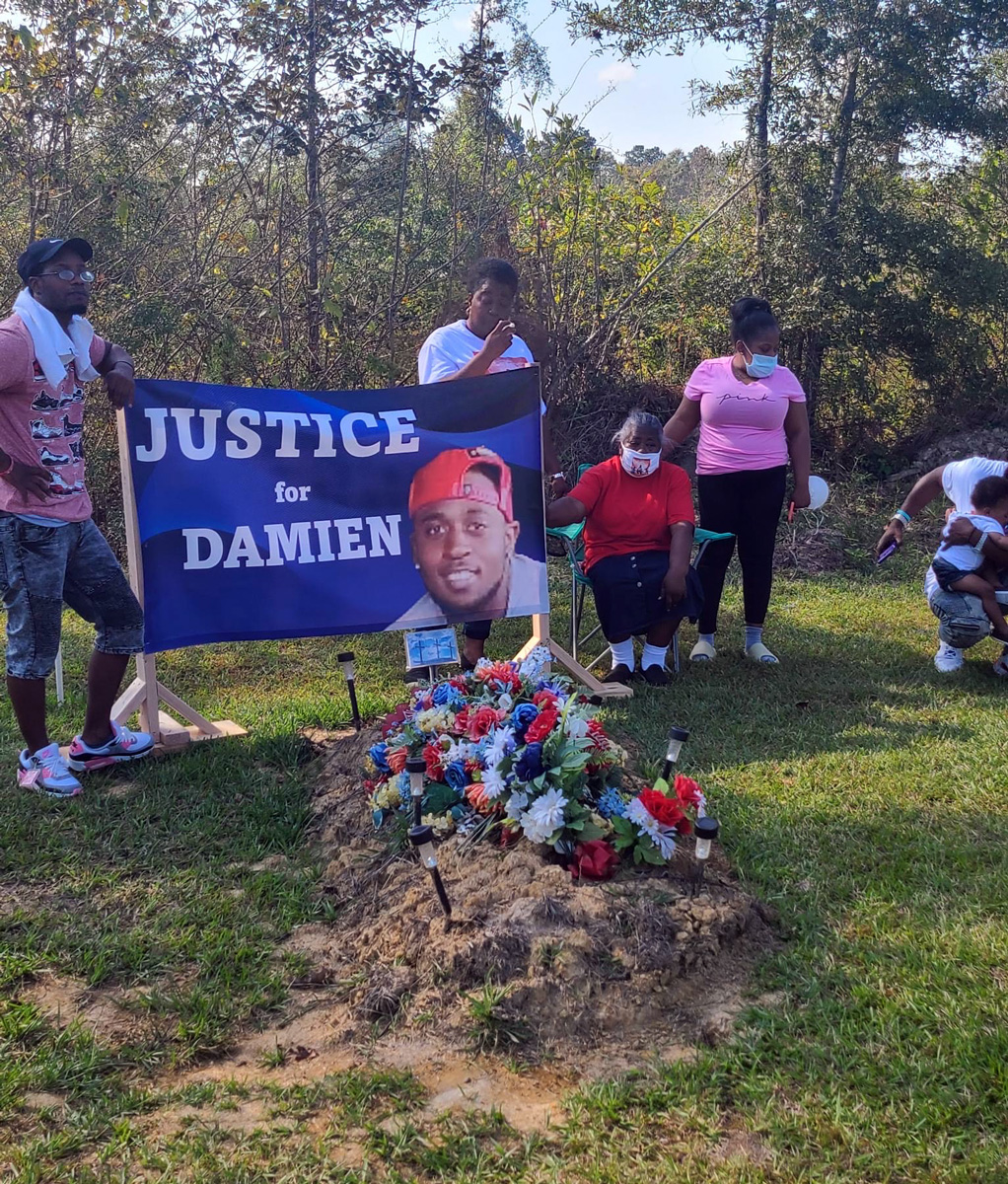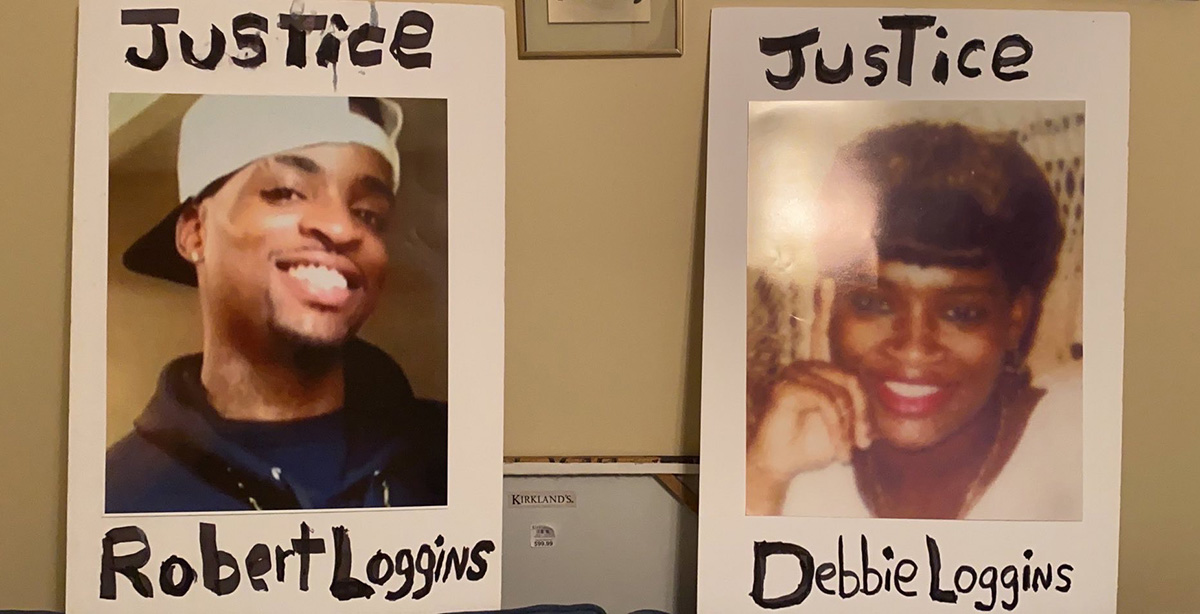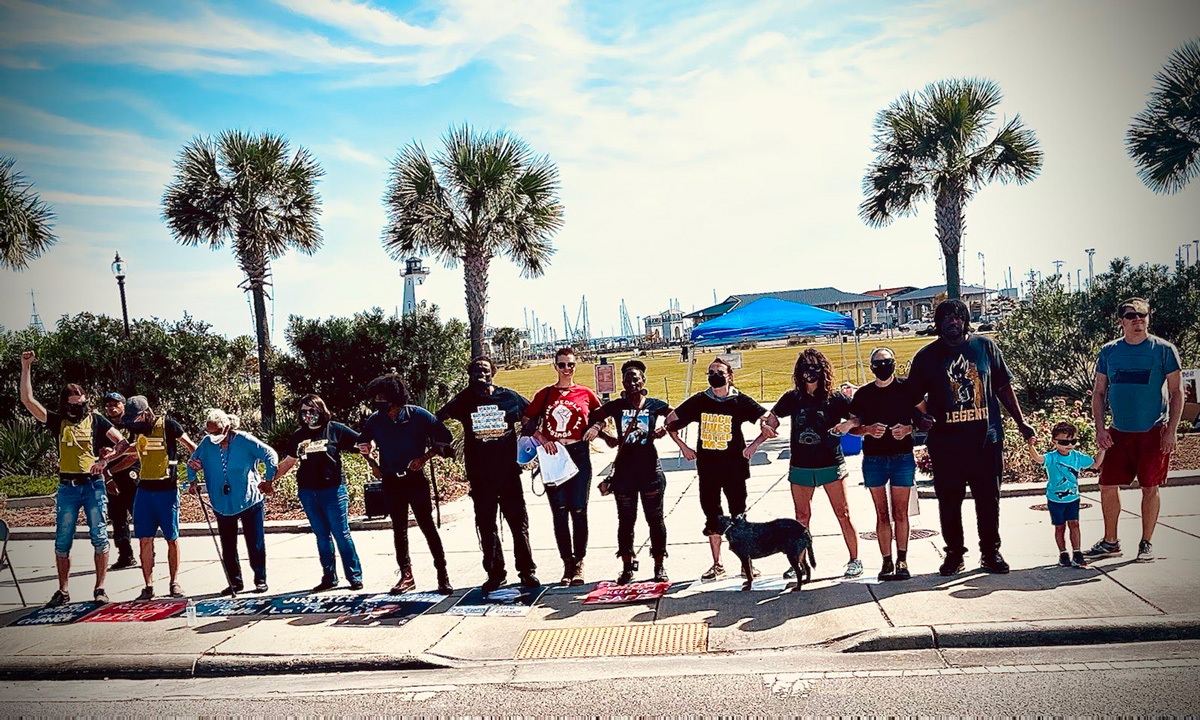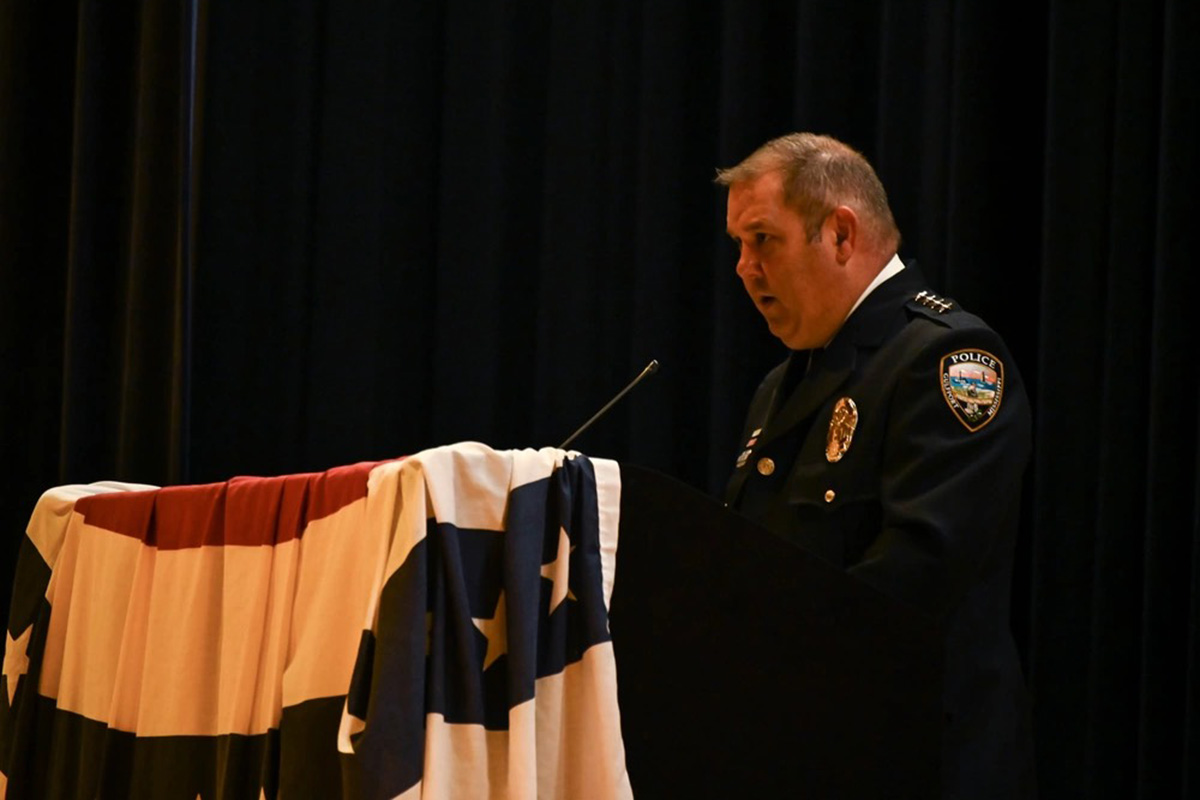The recent deaths of Robert Loggins of Grenada, Miss., Damien Cameron of Braxton, Miss., and 3-month-old La’Mello Parker in Biloxi, Miss., continue to negatively affect each respective community. Their deaths involve accusations of police officers using excessive force, which further burdens their families today.
Gulfport Police Chief Chris Ryle recently attended the 6th Annual Bells Across America ceremony to commemorate the lives of fallen servicemen and first responders. The premise of the event was to broaden awareness of suicides, homicides, illnesses and many other causes of death that citizens suffer through, the coordinator of the Navy Gold Star Program Emily Kolenda said.
In an interview with Allyssa Newton of the Sun Herald, Chief Ryle made insensitive comments including his refusal to give families any information about cases of officer-involved shootings. This showed his bias for the mental health of the law enforcement officers who were put on administrative leave. When asked if he would release the names of these officers, Chief Ryle quipped, “What good would it do?”
The Gulfport Police Department was one of several law enforcement agencies to fire over 20 rounds into a disabled vehicle that killed baby La’Mello Parker.
Patterns of Police Officers Using Deadly Force

As Rankin County deputies struggled with Damien Cameron in his grandmother’s home, he was heard screaming “I can’t breathe” in a back room before his grandmother found him unresponsive in her front yard. The Cameron family sought clarity from law-enforcement officials to no avail. The Mississippi Department of Public Safety said that it will not comment on an ongoing investigation and that it will turn over all investigative findings to the district attorney for review. The Rankin County Sheriff’s Office now says the Mississippi Bureau of Investigation is now investigating the case and is “not able to comment further at this time.”
Robert Loggins died in police custody at the Grenada County Police Department at 6:04 p.m. on Nov. 29, 2018. A jailhouse video, which the Mississippi Center for Investigative Reporting published, shows several officers kneeling on the neck and back of Loggins while he was handcuffed in the prone position on the floor.
Authorities ruled the death an accident, blaming the methamphetamine he took; however, renowned forensic pathologist Dr. Michael Baden concluded the death was a homicide, saying the methamphetamine was not a fatal amount. Ironically, Robert’s older sister Debbie Loggins also died in Grenada County Police custody in 2005. Qualified immunity kept prosecutors from convicting the officers involved in her death.
The involved law enforcement agencies have made zero effort to reach out to the Parker, Loggins or Cameron families to provide any information regarding their investigations. These findings may be what’s needed to hold the agencies and officers involved accountable in these deaths. The agencies also have not provided any mental health services to any of the families to assist with their pain and suffering.
Police Departments Must Limit Scope of Personnel Exemptions

Mississippi activists and community leaders are scrutinizing law enforcement’s use of deadly force. ADOS Mississippi, Mississippi Rising Coalition, SURJ and BLM Mississippi recently formed a coalition focused on seeking policies to limit the scope of personnel exemptions among law-enforcement agencies. Police departments usually cite “investigative material” in the Mississippi Public Records Act when they want to withhold information from the public.
On Oct. 23, these organizations held a protest on the corner of Highway 49 and U.S. 90 from 11 a.m. to 1 p.m. in a public display of direct action demanding transparency from law enforcement officials.
We believe that Gulfport Police Chief Chris Ryle and many other agencies stand in clear abuse of the interpretation of the law. GPD’s use-of-force policy prohibits the use of deadly force when it appears an innocent person could be injured, except in a situation that is imminently life-threatening to the officer or another citizen, but L’aMello Parker was an innocent 3-month-old baby who was taken hostage from his family in Baton Rouge, La.
The lone cellphone video footage shows officers approaching an immobile vehicle and then apparently firing. They did not attempt to de-escalate the incident. This contradicts the police narrative, which local media outlets parroted. There was no imminent threat to the child or law enforcement officers prior to the shooting.

Leading up to their “Shot In The Dark” exposé, Isabelle Taft and Margaret Baker requested use-of-force policies from every law enforcement agency on the Mississippi Gulf Coast. Pass Christian, Gulfport Police and the Harrison County Sheriff’s Departments refused to provide them.
Gulfport claimed its policy is exempt under the state Public Records Act, citing portions of the law that allow police to withhold information that could hamper investigations, disclose investigatory techniques or “endanger the life or safety of a public official or law enforcement personnel.”
This came after a Gulfport police officer shot and killed a Black Army veteran named Leonard Parker on Feb. 1, 2020. The officer said Parker was trying to run him over in a pickup truck. Parker’s distraught family never received any more details from law enforcement. Luckily, a copy of Gulfport’s policy was included in the Mississippi Bureau Investigation records of the shooting of Leonard Parker.
Journalists also have a hard time obtaining evidence from law-enforcement agencies. Freedom of Information Act (FOIA) requests can be costly for some media newsrooms. Paul Farhi and Elahe Izadi of The Washington Post report:
“Journalists on deadline say they typically have few choices other than police to get them the information they need when a crime happens. They can’t directly reach arrested civilians to hear their side. Defense attorneys don’t always know the details of their clients’ alleged acts and sometimes don’t want to talk, often on the belief that doing so will invite more attention.”
The public’s initial rush to judgment based on the police framing of the facts has led to media hysteria surrounding police involved shootings and the use of deadly force in Black (ADOS) communities.
One can only imagine the amount of stress put on a grieving family that is continually seeking transparency and closure in the death of their loved ones. We refuse to let them fight and stand alone.
This MFP Voices essay does not necessarily represent the views of the Mississippi Free Press, its staff or board members. To submit an essay for the MFP Voices section, send up to 1,200 words and factcheck information to azia@mississippifreepress.org. We welcome a wide variety of viewpoints.






